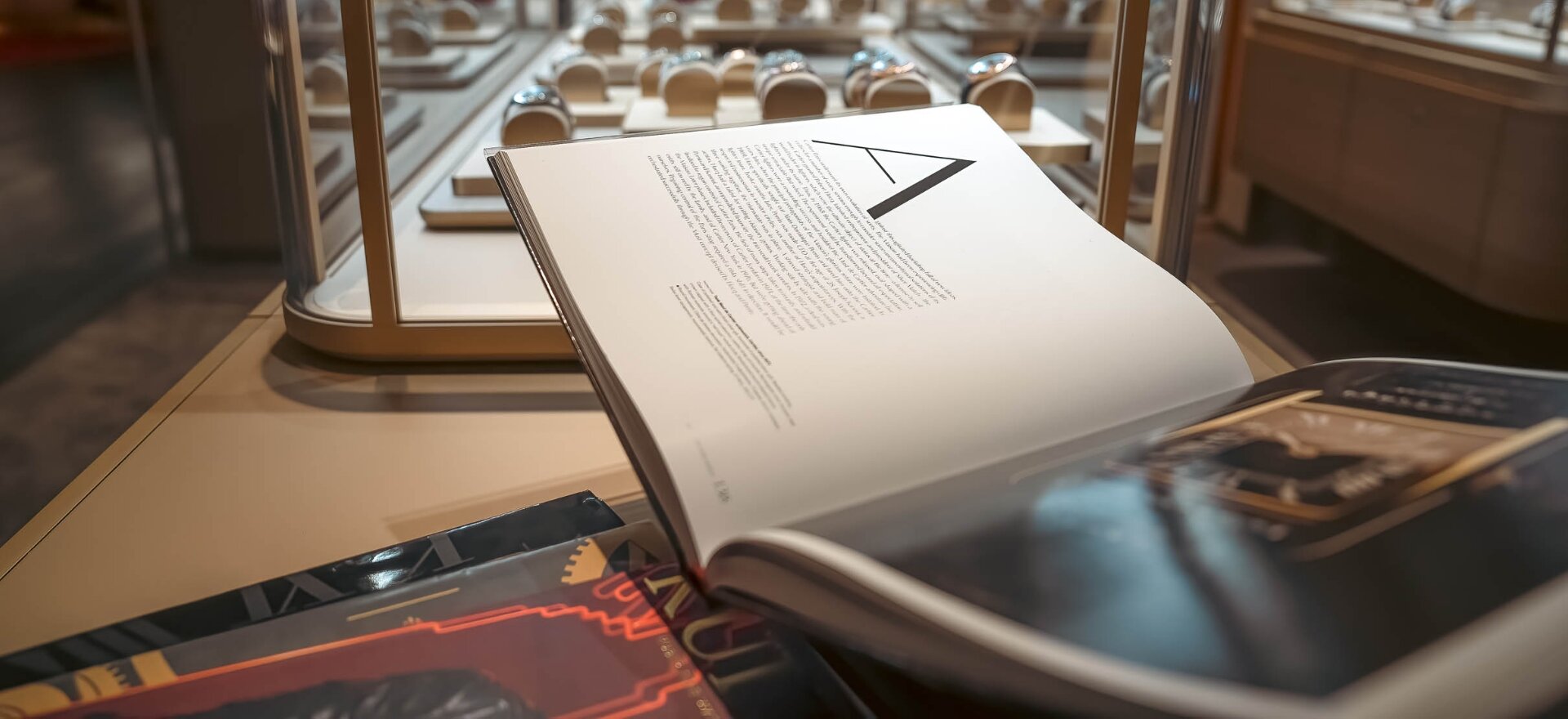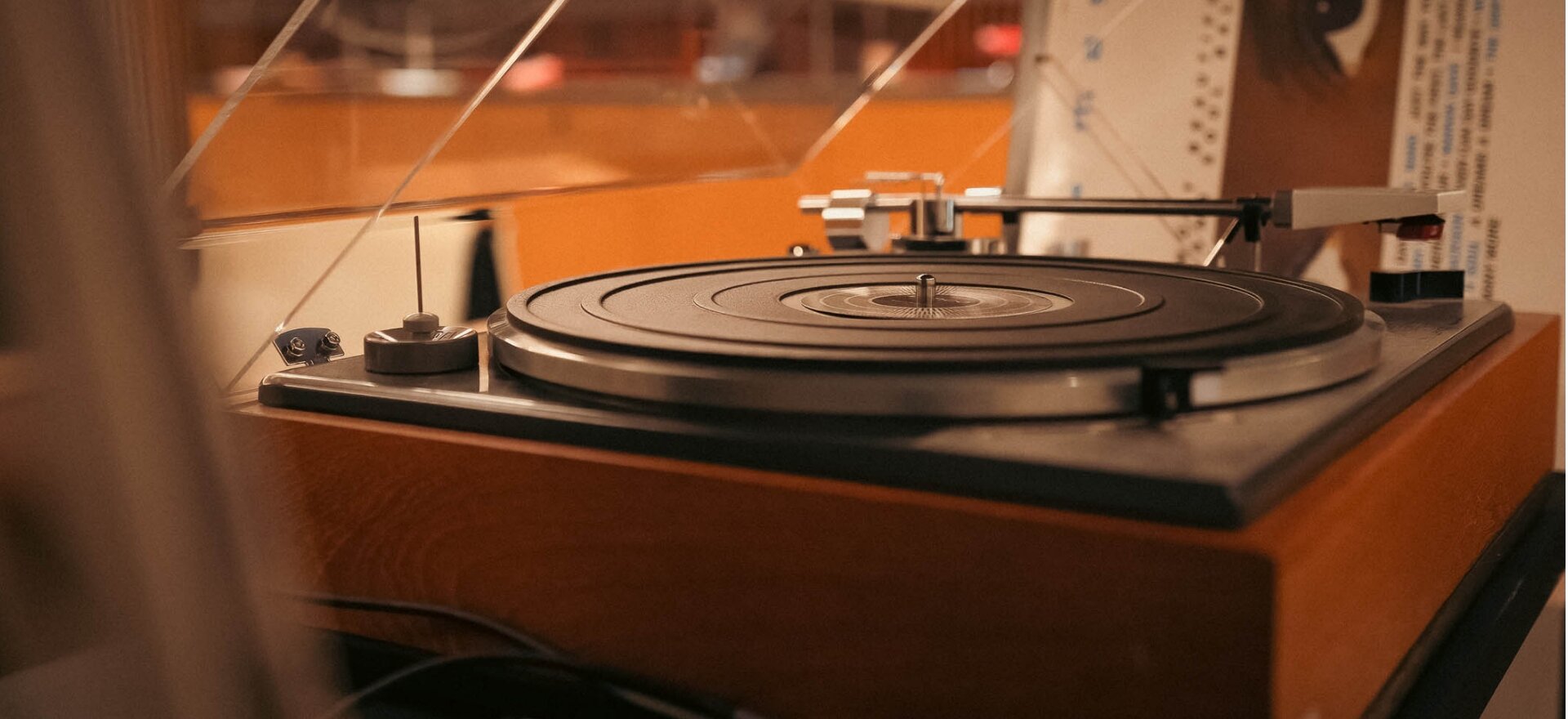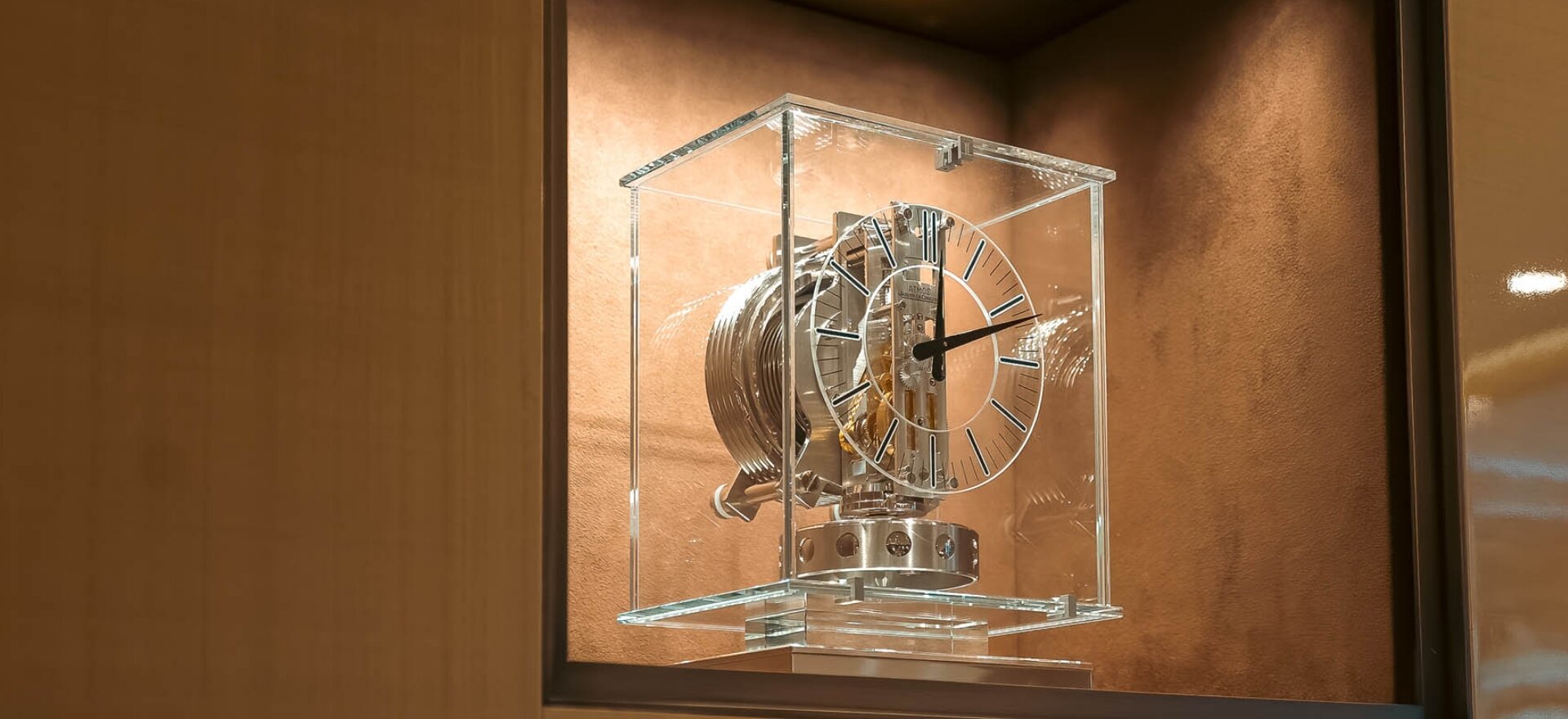
HUBER MAGAZINE
News & Podcasts

Locations
YOUR JEWELLER FOR LUXURY WATCHES AND JEWELLERY IN LIECHTENSTEIN, SWITZERLAND AND AUSTRIA
-

WORLD OF WATCHES
Städtle 11, FL-9490 Vaduz
T +423 237 14 14
WhatsApp +41 79 814 3613
welcome@huber.li -

HUBER BREGENZ
Kirchstraße 1, AT-6900 Bregenz
T +43 5574 23 9 32
WhatsApp +43 664 5353 268
welcome@huber-juwelier.at -

HUBER BREGENZ
Rathausstrasse 7, AT-6900 Bregenz
T +43 5574 23 9 32
WhatsApp +43 664 158 61 35
welcome@huber-juwelier.at -

HUBER LECH
Dorf Nr. 115, 6764 Lech am Arlberg
T +43 5583 37 37
WhatsApp +43 664 236 1146
welcome@huber-juwelier.at







